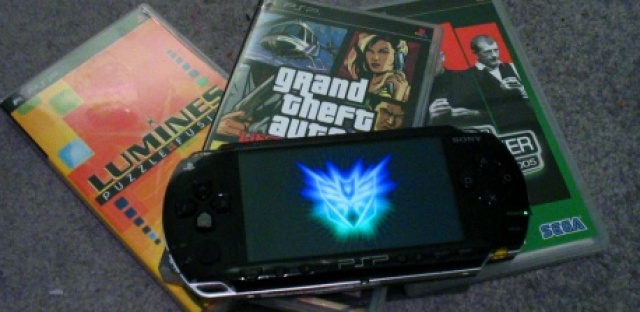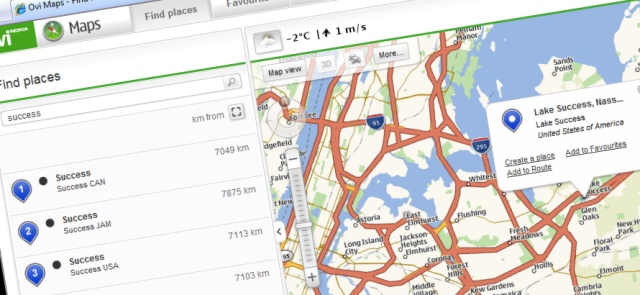So in the run up to Christmas, I want to remind Nokia, their fans, and the internet commentators, of a little Japanese company and how they went from a rather poor Q4 2008 to a respectable place in the 2009 festive line up. That company in general is Sony, and specifically the Playstation Portable (PSP) market.
It's an established brand, and the gaming device has been spending the last few years slowly morphing from a tiny PS2 into a fully fledged media companion, capable of playing music and video, downloading and purchasing media from an online (and built into the device) online store – the PSN, PlayStation Network – which includes music, video and of course small mobile games for a few pounds.
All the while keeping its main function (and revenue stream), playing amazing games, both on the radar of the users and the media. And pretty much failing.
In the run up to Christmas last year, the fortunes of the PSP were perceived to be pretty poor. The major publishers were releasing titles, but they were little more than lacklustre ports and franchise names, and very little original content. Genuinely new content was limited to one or two titles that had Sony's backing. The PS3 wasn't doing much better. Nintendo were riding high in the media's affections and the PSP never really featured on the “Christmas Presents of the Year” lists.

In the eyes of many, the PSP was marking time.
But in the last twelve months, they've turned it round. Through a mix of good publicity and PR work (both offline and online) and strong new titles and a revitalised third party line-up of titles that people actually wanted to play, the core market was shored up and given a shot in the arm. Alongside that, the full vision of the PSN was realised.
Somewhere I think they had a team meeting and walked out simply saying “we will make this work, commit everything we can”. I suspect The A-Team theme was also playing. Or maybe Sergio Leone.
I can't help but see the similarities to Nokia at the end of 2009 in the PSP story leading up to the end of 2008. An online service that has promised much but is unwieldy for the end user and fails to deliver the promises made at press conferences and in shiny presentations; a product and vision that (from the outside) has no clear vision or path; a leaner, faster and more stylish competitor winning hearts and minds with a technically lesser product; and nobody believes (apart fro some die-hards) that they can ever change.
But change they (Sony) did.
I'm not arguing that this is N-Gage – that's too small a scope. This is the Symbian ecosystem as a whole. The Japanese company paused, looked at itself, and just did what had to be done. There were a few paths they were committed to, and they followed them. Some choices were accelerated or dropped altogether. It was almost like they took a big sheet of paper, put in the two or three fixed items, and then just started again.

Yes, Sony are still making mis-steps with their franchise – their rush to their personal nirvana of online-only publishing of titles simply forgot the huge infrastructure that already exists for the disc-based games that are sold in stores, traded round playgrounds, and gives the retail stores an extra source of income with second-hand sales (that contributes significantly to their profit and viability). But Sony, while not publicly saying anything, are slowly backpedalling on the online-only strategy and finding a comfortable middle ground.
So can Symbian do the same in 2010? They have the Symbian Foundation and that's due for a big push in the New Year. They have Symbian ^2, ^3 and ^4 as fixed points, but the content and implementation is still up for grabs. They can reach out to the world in terms of PR and publicity; their fortune is still in their own hands.
If they recognise that they do have a problem.
Likewise with Nokia – the company has reinvented itself on numerous occasions, as they always love to tell us. But they've never done this under the full glare of the whole world, commenting every second of the day to the changes. What worked before will not work again, this is a new world and that means assessing it at every stage, and being able to respond to the changes seen.
-- Ewan Spence, Dec 2009.
